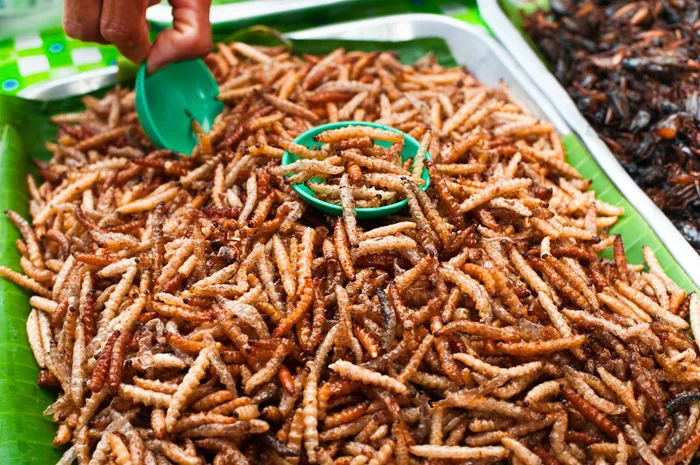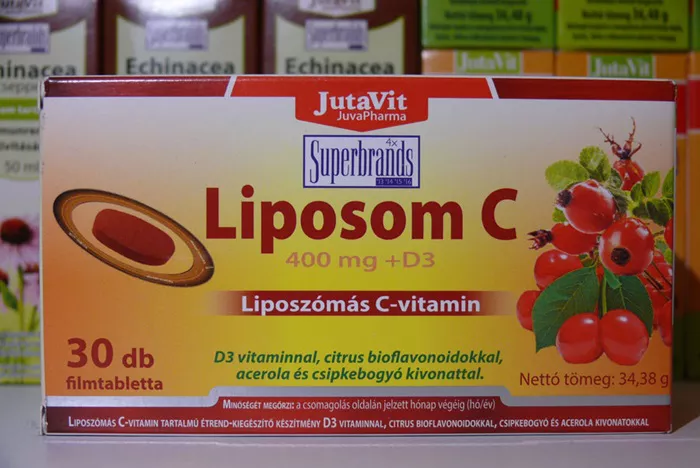As the 17-year cicada invasion captures headlines, a curious suggestion emerges: instead of viewing them as a nuisance, why not consider them a valuable protein source?
In a paper published in the March 2022 Annual Review of Food Science and Technology, Andrea M. Liceaga, Ph.D., from Purdue University’s Department of Food Science, highlights that cicadas are rich in nutrients, boasting 48.3% protein and 12.4% fiber. This insight underscores the potential for insects, including cicadas, to serve as a sustainable and protein-rich food alternative.
Liceaga advocates for entomophagy—the practice of consuming insects—as a viable solution to global food challenges. She notes that insects are not only nutritious but also environmentally friendly, requiring fewer resources such as water and land compared to traditional livestock. Furthermore, insect farming emits less greenhouse gas and reduces reliance on pesticides.
The culinary world has already embraced insects in various forms across different cultures. In Mexico, for instance, over 500 insect species are consumed, including chapulines (grasshoppers) seasoned with salt and lime, and crickets and mealworms used in chocolate-dipped treats and baked goods like Oaxaca Brownies made with cricket flour.
Kristal Twardy, a registered dietitian, emphasizes the nutritional benefits of insects, citing their richness in protein, vitamin B12, iron, zinc, fiber, essential amino acids, omega-3 and omega-6 fatty acids, and antioxidants. Grasshoppers, she notes, are particularly antioxidant-rich.
The push for insect consumption isn’t merely about nutrition but also sustainability. Suzy Lyttle, program coordinator at Hidden Oaks Nature Center, underscores that raising insects for food production is more eco-friendly due to their efficient resource use and shorter life cycles.
Despite the benefits, Twardy advises caution. Individuals with seafood allergies, for example, should be wary of cicadas due to their chitin-rich exoskeletons, which can trigger allergic reactions similar to those caused by lobsters and shrimp. Proper cleaning and preparation of insects are crucial to avoid potential health risks associated with bacteria, parasites, viruses, fungi, or pesticides.
As awareness and acceptance of entomophagy grow, resources and recipes for cooking with insects are becoming more accessible. Websites like Walmart and Amazon offer a variety of insect-based products, from seasoned crickets and mealworms to chocolate-covered treats and lollipops made with scorpions.
In conclusion, while the idea of consuming insects may initially evoke skepticism, advocates like Liceaga and Twardy argue that embracing insects as a food source can lead to healthier lifestyles and a more sustainable planet. As the cicada invasion unfolds, perhaps it’s time to reconsider our approach to these buzzing creatures and explore the culinary possibilities they offer.
For those intrigued by the idea, the journey into entomophagy may begin with a single bite—perhaps with a cicada dish featured in “The Cicada Cookbook” or a bug-infused snack from a local nature center.
As the saying goes, “Don’t fight them, eat them”—a mantra that could redefine our relationship with nature’s edible wonders.
[inline_related_posts title=”You Might Be Interested In” title_align=”left” style=”list” number=”6″ align=”none” ids=”10109,10106,10103″ by=”categories” orderby=”rand” order=”DESC” hide_thumb=”no” thumb_right=”no” views=”no” date=”yes” grid_columns=”2″ post_type=”” tax=””]



































